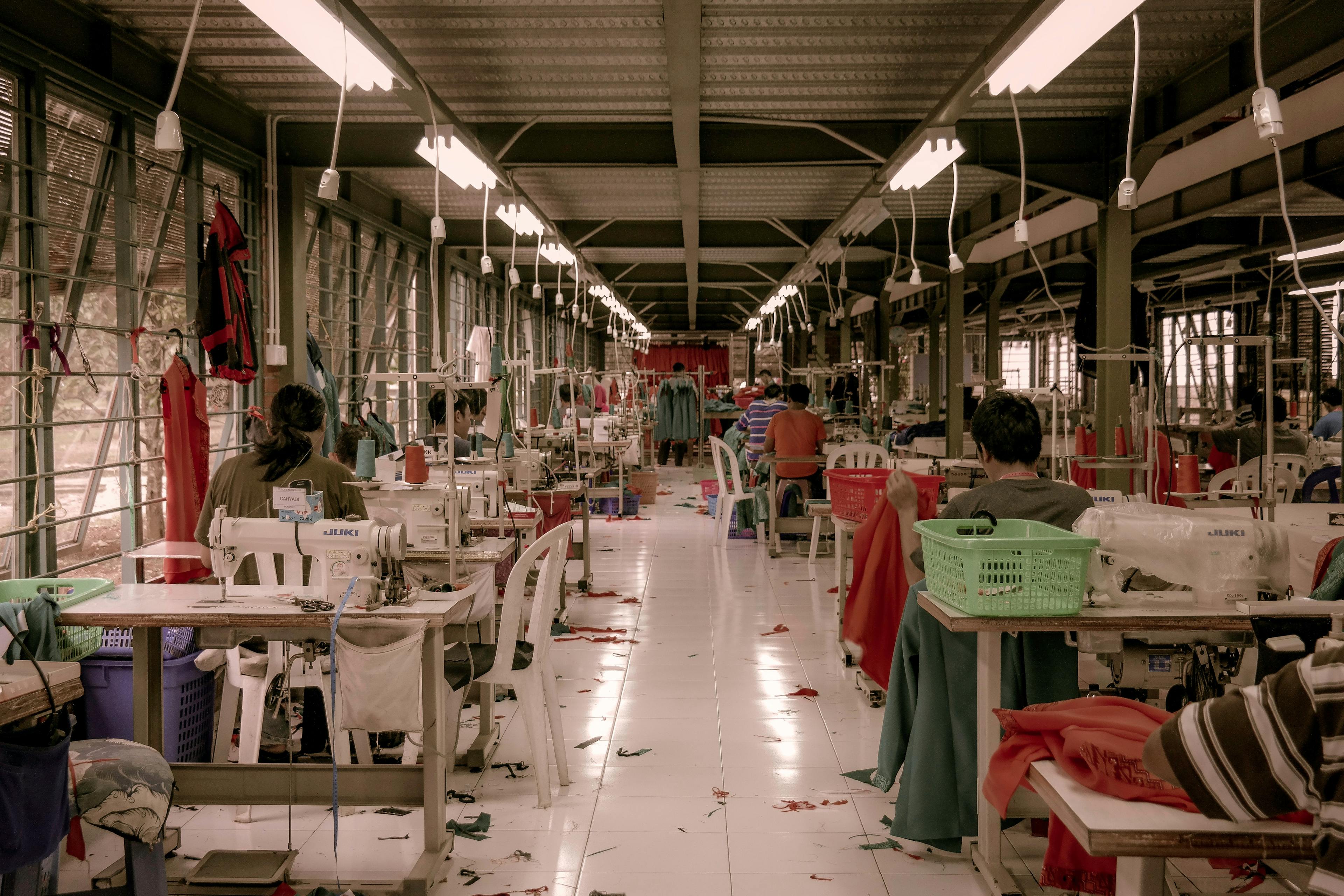
The Corporate Sustainability Due Diligence Directive: Key Insights for Australian businesses
The EU's Corporate Sustainability Due Diligence Directive (CSDDD) was formally adopted, published in the EU’s Official Journal on July 5, 2024, EU member states will have to transpose the CSDDD into national law within 2 years, i.e. by 26 July 2026.
This directive represents one of the most significant corporate responsibility reforms in recent years and may impact many Australian businesses.
The CSDDD introduces the obligation for in scope companies to conduct appropriate human rights and environmental due diligence with respect to their operations, operations of their subsidiaries, and operations of their business partners in companies’ chains of activities.
Australian businesses may be impacted in one of three ways:
- by being directly in scope, (In Scope Entity);
- by being majority owned by an In Scope Entity; or
- by supplying goods or services to an In Scope Entity or their subsidiary.
The path towards mandatory due diligence is evolving, and the CSDDD represents a clear model that Australian businesses should closely monitor.
Given the directive’s recent introduction, many large European companies have yet to fully establish their responses. They will first need to understand their risks and prioritise them – it is likely some of this context will already be in their existing public disclosures.
As a key supplier, understanding your relationship to their risk profile and priorities will help you stay aligned with their expectations. Take the initiative to start the conversation and understand their current and evolving expectations.
Nick Dexter, Principal Consultant, Human Rights

What are the effects on business partners?
An important consideration is how the CSDDD’s requirements may impact Australian businesses working with In Scope Entities. While this requirement is new, due diligence as a discipline is not. Businesses engaging with in-scope entities can expect to be impacted in the following ways:
- Receive updated Supplier Codes of Conduct and seek contractual assurances of compliance.
- Receive requests to verify compliance with the Code of Conduct.
- Receive requests for information to map supply chains and understand impacts at a granular level.
- Receive requests to support capacity-building, risk identification, and mitigation initiatives deep in the supply chain.
- Engage in more frequent dialogue on risks and risk management within the supply chain.
If these activities sound familiar, it indicates that you likely have approaches in place that can be reinforced. Now is a great time to consider how you will communicate your approaches with confidence to your customers. If not, and you have large European customers, now might be the time to consider getting support on your human rights governance processes, starting with a risk assessment.
Beyond Compliance: Opportunity and Learning
“This isn’t just a compliance issue; it's also an opportunity. The law doesn’t care if an in scope entity is your customer or your supplier – but you should. Your large European-based suppliers will be mapping their supply chains to understand and mitigate risks. Seek opportunities to use their data to inform your own due diligence processes to benefit from their approaches” - Nick Dexter, Edge Impact Principal Consultant, Human Rights
To learn more about how this directive might impact your business, contact Nick Dexter, our Principal Consultant for Human Rights.





